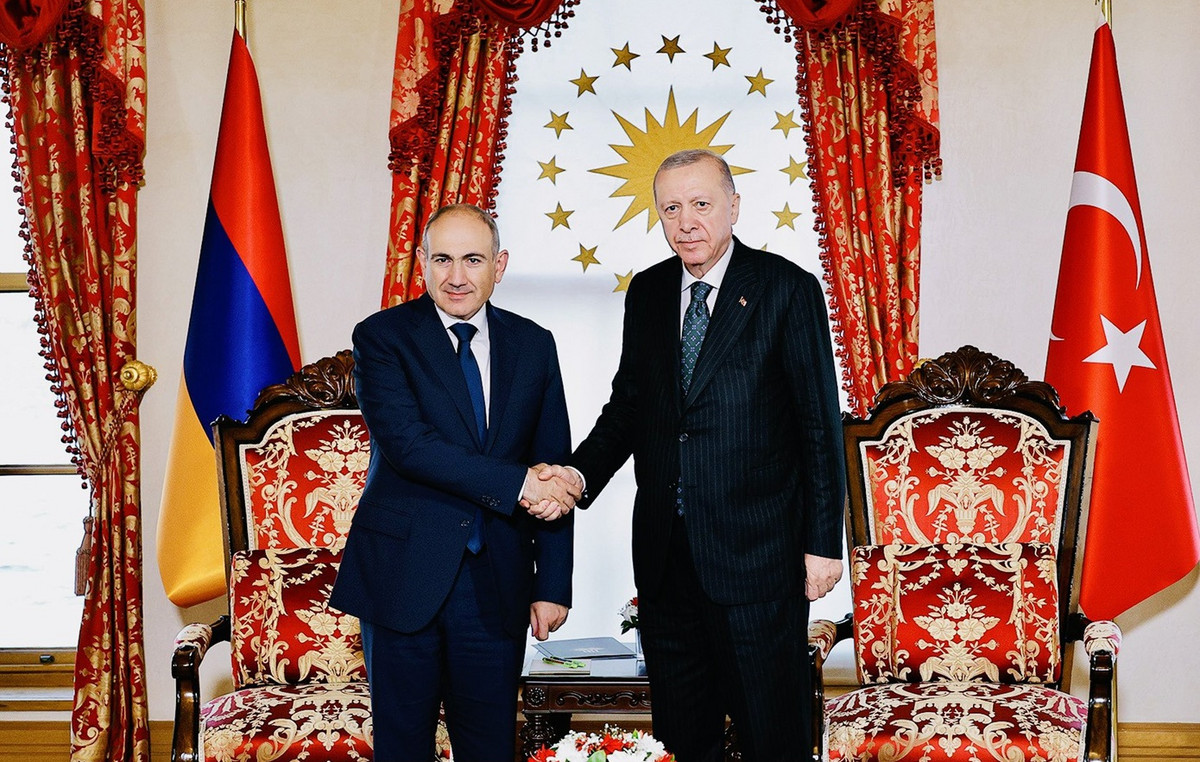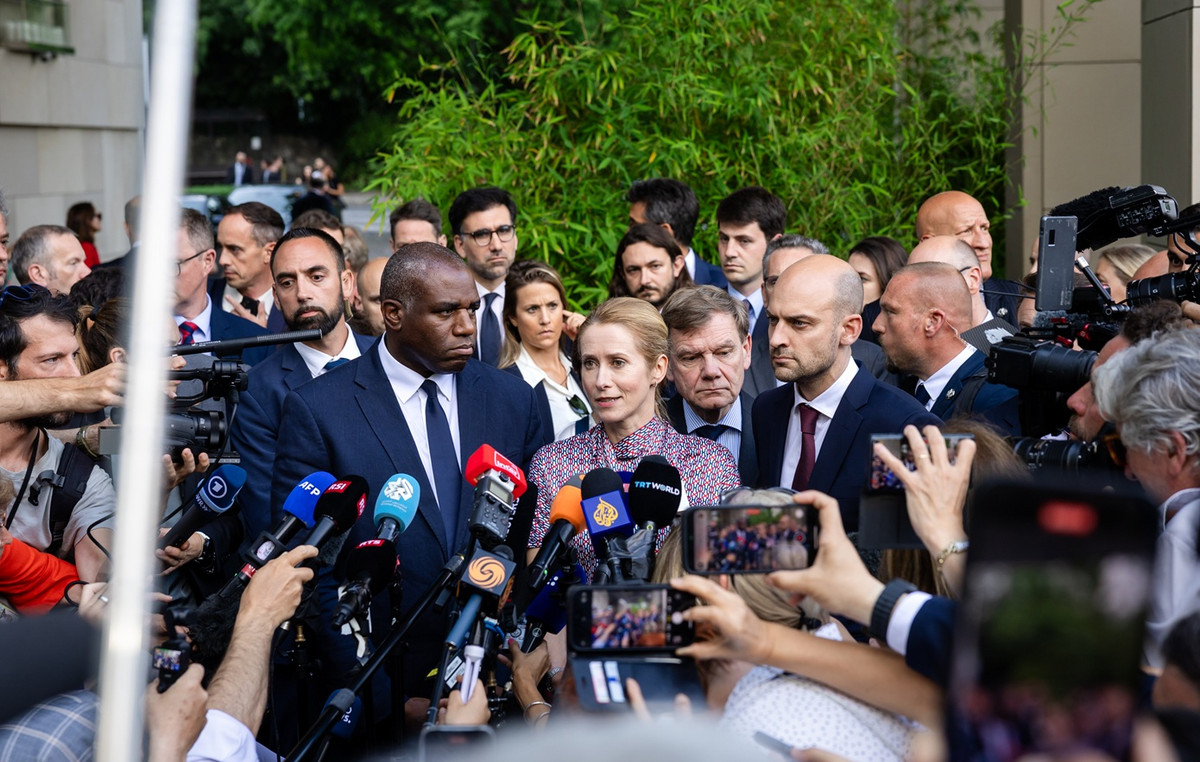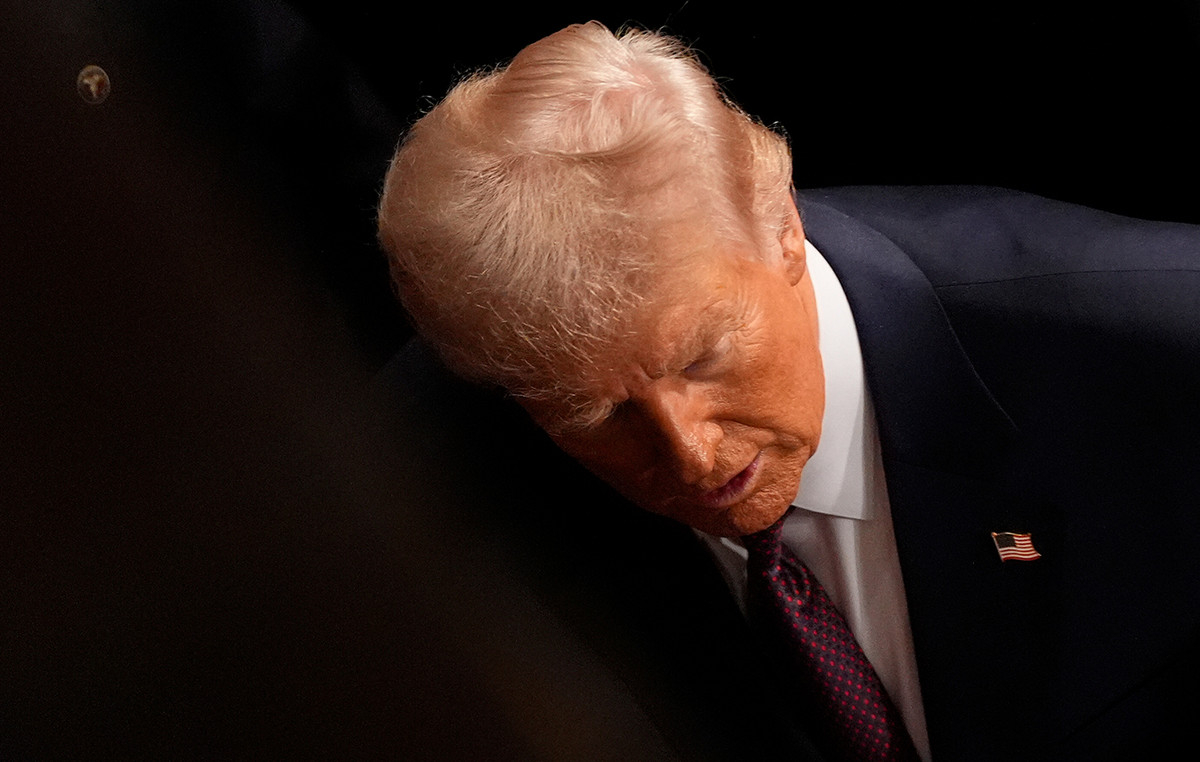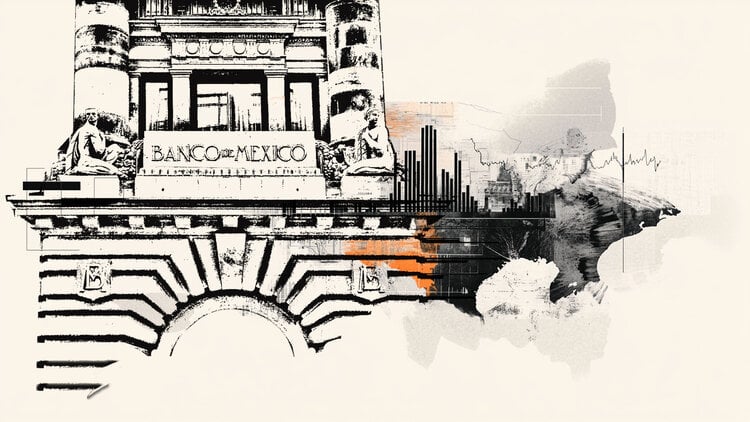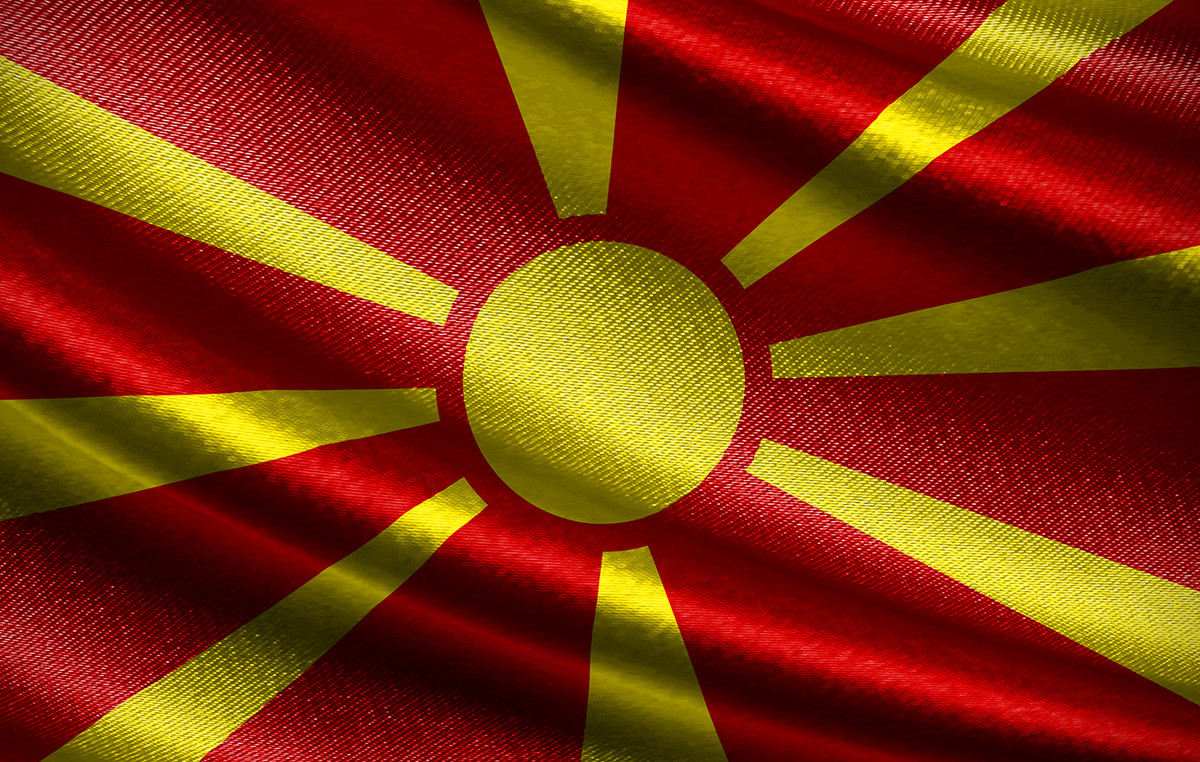Brazil could record around 554,000 deaths caused by cancer in 2050, a increase of 98.6% in relation to deaths occurring in 2022 (279 thousand). The projections were released this Thursday (1st), by Iarc (International Agency for Research on Cancer).
Still according to estimates from the agency, which is part of the WHO (World Health Organization), the country will also record 1.15 million new cases by 2050 a value 83.5% higher than the incidence in 2022 (627 thousand).
The agency's survey was carried out alongside research into the financing of oncology services and palliative care and shows that there is a global challenge in the fight against cancer. The research was carried out in 115 countries and was based on data from 2022, showing that the incidence and mortality from cancer will continue to grow over the years.
The projection for 2050, according to IARC, is that the world has 35 million new cases of cancer an increase in 77% in cancer cases compared to 2022 (20 million). In the agency's view, the rapid growth in the global incidence of cancer is associated with the aging and growth of the population, in addition to greater exposure to risk factors such as tobacco, alcohol, obesity and air pollution.
Data by type of cancer in 2022
New estimates available from IARC's Global Cancer Observatory show that 10 types of cancer accounted for around two-thirds of new cases and deaths worldwide in 2022. The data covers 185 countries and 36 types of cancer.
According to the study, lung cancer was the most common worldwide, with 2.5 million new cases (representing 12.4% of total cases). Female breast cancer came in second place, with 2.3 million cases (11.6%), followed by colorectal cancer, with 1.9 million cases (9.6%), prostate cancer, with 1 .5 million (7.3%) and stomach cancer, with 970 thousand (4.9%).
Lung cancer was also the main cause of cancer death, with 1.8 million deaths (18.7% of the total), followed by colorectal cancer, with 900 thousand deaths (9.3%), liver cancer, with 760 thousand (7.8%), breast cancer, with 670 thousand (6.9%) and stomach cancer, with 660 thousand (6.8%).
Inequality between countries in access to services
The IARC research also showed that, despite the growing number of cases and deaths from cancer, only 39% of the countries involved in the study had oncological treatment as part of the health services offered universally to all citizens; and only 28% of them offered palliative care services to those in need.
The data shows that there is a “disproportionate impact on underserved populations” and an “urgent need to address cancer inequities around the world,” according to the agency’s press release.
Source: CNN Brasil
I am an experienced journalist and writer with a career in the news industry. My focus is on covering Top News stories for World Stock Market, where I provide comprehensive analysis and commentary on markets around the world. I have expertise in writing both long-form articles and shorter pieces that deliver timely, relevant updates to readers.

